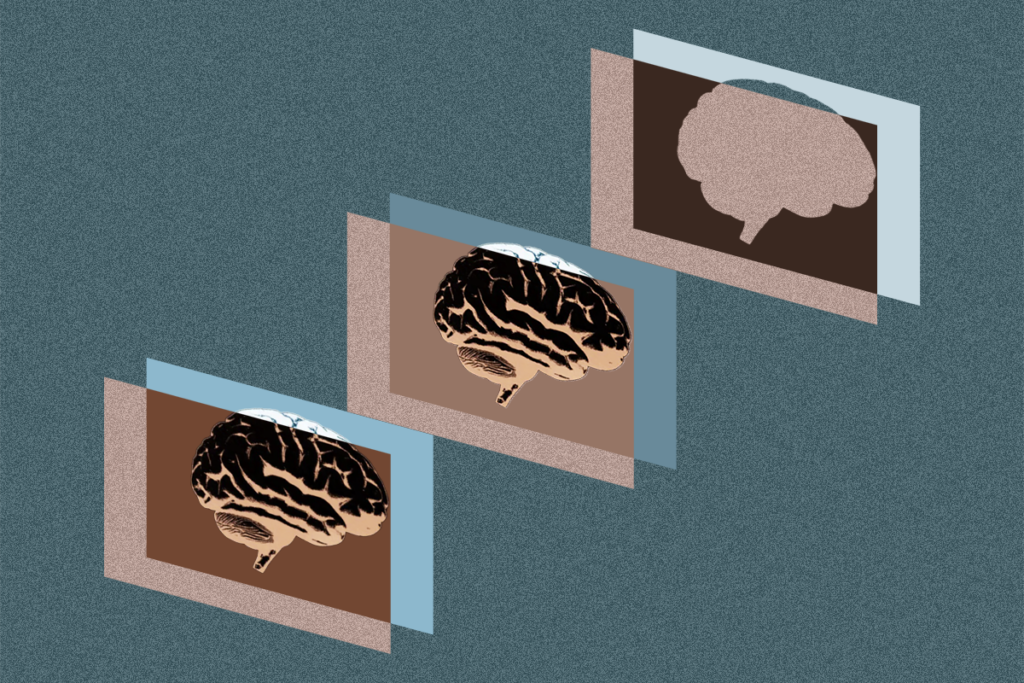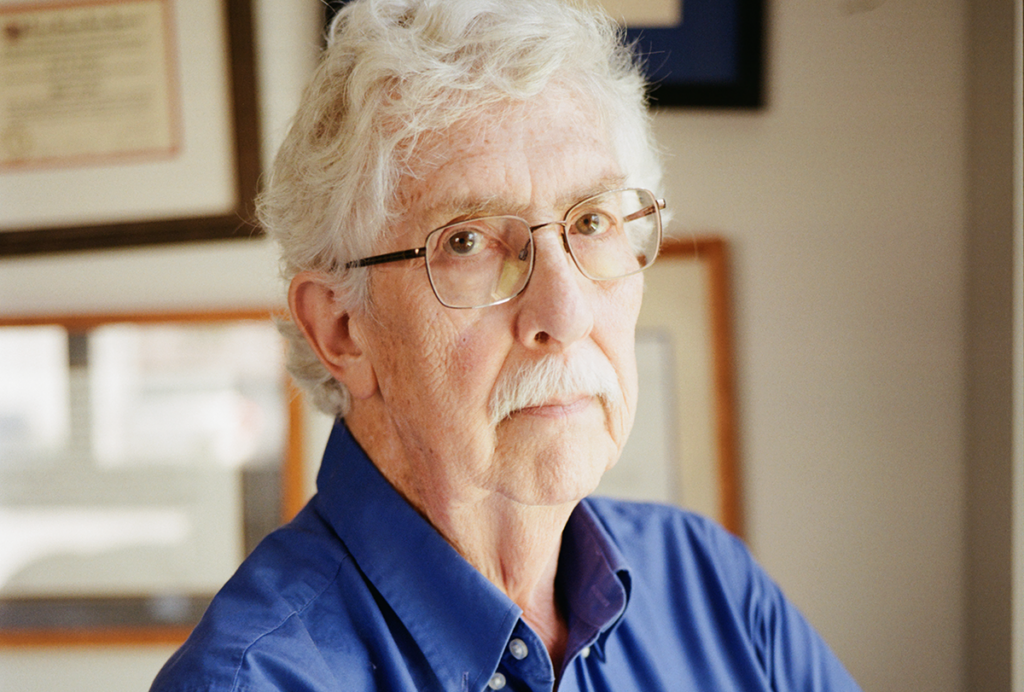Kevin Mitchell is associate professor of genetics and neuroscience at Trinity College Dublin in Ireland. He studies the genetics of brain wiring and its relevance to variation in human faculties, psychiatric disease and perceptual conditions such as synesthesia. His current research focuses on the biology of agency and the nature of genetic and neural information.
Mitchell completed his Ph.D. at the University of California, Berkeley, studying the genetic instructions that direct the development of the nervous system in the fruit fly, and his postdoctoral work at the University of California, San Francisco and Stanford University, exploring the same topic in mice. He is the author of “Innate: How the Wiring of Our Brains Shapes Who We Are” and “Free agents: How Evolution Gave Us Free Will.” He also writes the Wiring the Brain blog and is on X (formerly known as Twitter) @WiringtheBrain.




